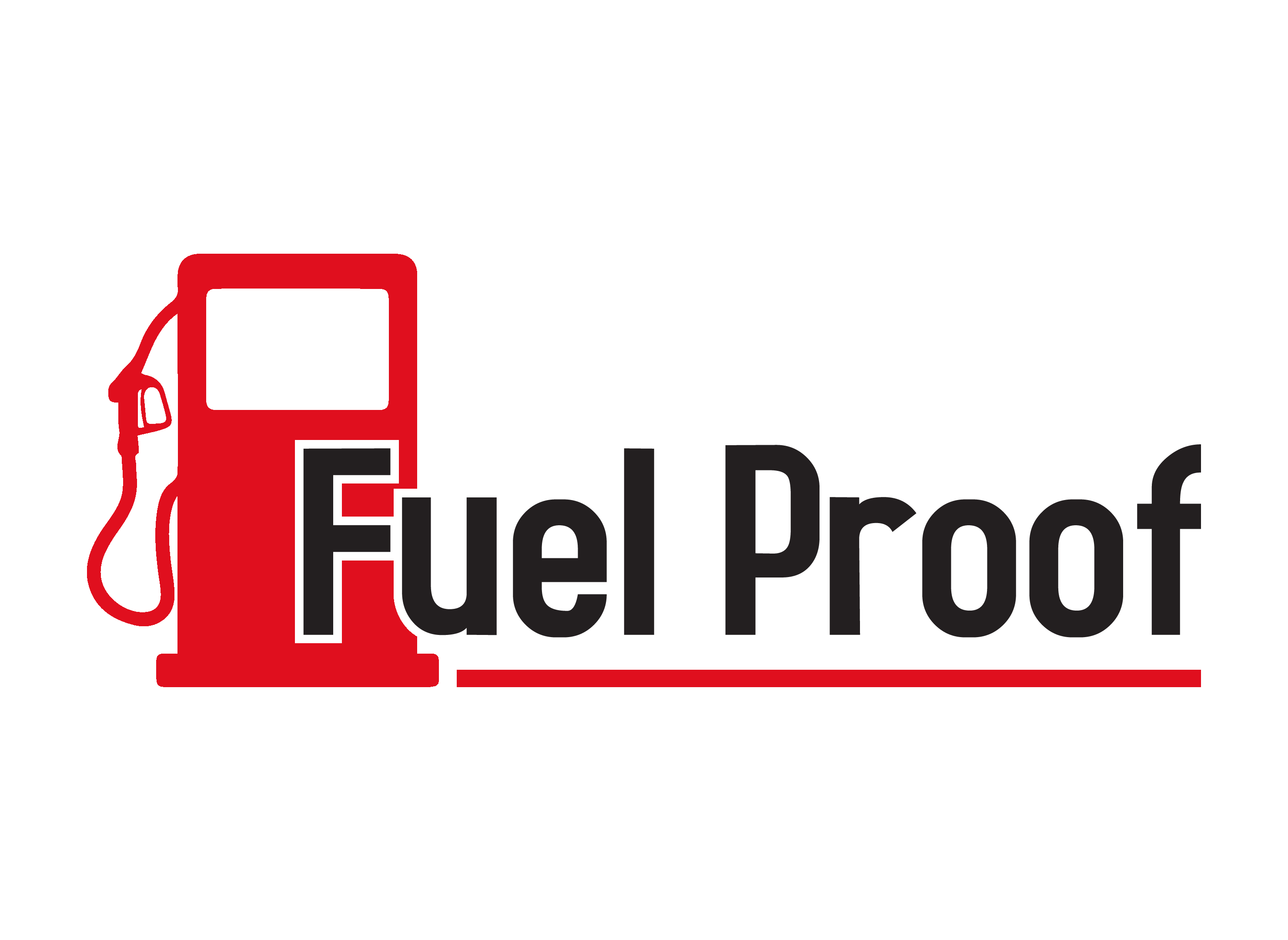THE PHOENIX APPROACH TO ONLINE TRAINING

Phoenix Environmental has adopted a realistic approach to online training. First of all, online training CAN BE an important component of training. Many employers find this hard to understand. This is because they are not training providers. Online training can effectively augment an overall training program.
Secondly, online training should not cost the same as classroom training. It does not take the same resources on our part to provide online training, and we know this when setting our prices.
Lastly, online training needs to be of the highest quality to be effective. Online training can typically be done quicker than classroom training; however, it needs to be thorough to have true value outside of just getting a certificate. Again, this is a concept that many other providers do not adopt.
Benefits of online training
Below are just a few of the benefits users will gain by taking our training courses online:
Save Time
Since students can take our online classes from any computer with high-speed internet access, there is no travel time. Our online courses also eliminate wasted time conducting tasks that do not apply to them.
Save Money
The old saying suggests that “time is money” and by saving time, you save money. But, also, when the training costs are considerably less of what classroom training can cost, the savings really add up.
Learning at your own pace
Users will have a predetermined number of days to complete the course, and, since students can log on any hour of the day, this allows them to work at their own pace and minimizing the impact on their day-to-day routine.
Get a Certificate Now
Immediately upon completing all course requirements, users are able to save, download and print their certificate of completion. This is especially convenient when they need to get back to the job site.
No Distractions
By taking the course online, students don’t have to listen to questions and discussion from other students that have nothing to do with how the training applies to them. As a result, they will be able to focus on how the training relates to their job.
Updated Training
Taking training online will ensure that students are accessing the latest and most up to date information. Our online training program courses are updated regularly and our refresher training is updated at least annually. This means students will not see the same training year after year.
No Cancellations
No more signing up for classes and waiting to take them, just to have them canceled at the last minute. Our online classes are done on the student’s schedule, and the student has complete control over where and when they take them.
What is online training
Also known as computer-based training (CBT), distance learning, or e-learning, online training is a form of instruction that takes place completely on the internet. It involves a variety of multimedia elements, including graphics, audio, video, and web-links, which all can be accessed through one’s internet browser. These elements are used in lieu of traditional classroom components.
Online training is generally self-paced and customizable to suit a company’s specific learning needs. Therefore, online training can be conducted at almost any time and place, provided there is a computer with high-speed internet access. This makes this form of training convenient for the user, who can modify their training to fit into their day-to-day schedule.
To use online training, users should have a basic knowledge of computers. This should include but is not limited to, the ability to use a mouse, of which involves knowing the difference between left-click and right-click. Advanced computer users will be able to use our eLearning system to its full capacity.
Class C Operator Training
Phoenix will provide Class C operator training using E-training. The E-training typically takes less than 30 minutes to learn basic concepts and complete the testing for Class C operations.
Course Objectives
- Recognize the components of the fueling system
- Fuel the vehicle and/or generator
- Maintain vehicle fluid levels
- Do all of the above safely!
Online E-training: A Phoenix Class B Operator would input site-specific data into the E-training module. The module would be emailed to each employee and given a date range for completion (typically two weeks). An online quiz is part of the module. Upon successful completion of the course and the quiz, a certificate will be issued and signed by the Class A/B Operator Trainer.
Class A and B Underground Storage Tank Operators to take the State of Michigan Class A or B Operator ICC Exam.
The Phoenix will provide a Web-based e-training course that is designed to be self-paced, allowing the student to start and pause the training throughout the delivery period. Students should allow between 4 and 6 hours for taking the training course. The training will be available online 24 hours 7 days a week, so it is available for their convenience.
Course Objectives
This training is divided into modules.
- This section describes the primary responsibilities of the Class A and Class B operators.
- This section seeks to clearly communicate a fundamental comprehension of UST systems.
- The emphasis of this section is release detection methods.
- This section covers the system components that are designed to prevent spills and overfills.
- This section covers the system components that are designed to identify corrosion protection methods.
- The focus of this module is preparation for a release and initial response actions.
- This module includes required documentation and reporting of UST system closures and out-of-service requirements.
- Owner and operators of petroleum UST’s must demonstrate financially.
Each module ends with a short quiz to test the student’s understanding of the material. These quizzes make up the course exam. As the training has been developed so that the student may take the training at his/her own pace with the ability to stop at any time and start where they left off.
Revised Hazard Communication Standard 2012
OSHA revised its Hazard Communication Standard (HCS) to align with the United Nations’ Globally Harmonized System of Classification and Labeling of Chemicals (GHS) and published it in the Federal Register in March 2012 (77 FR 17574). Two significant changes contained in the revised standard require the use of new labeling elements and a standardized format for Safety Data Sheets (SDSs), formerly known as, Material Safety Data Sheets (MSDSs). The new label elements and SDS requirements will improve worker understanding of the hazards associated with the chemicals in their workplace.
The first compliance date of the revised HCS is December 1, 2013. By that time employers must have trained their workers on the new label elements and the SDS format. This training is needed early in the transition process since workers are already beginning to see the new labels and SDSs on the chemicals in their workplace. To ensure employees have the information they need to better protect themselves from chemical hazards in the workplace during the transition period, it is critical that employees understand the new label and SDS formats.
The E-training typically takes less than 30 minutes to learn basic concepts and complete the testing for HazCom 2012.
Course Objectives
This course will focus on the responsibilities of the employer in establishing and implementing an effective hazard communication program. By the end of this course you should be able to:
- List the primary Hazard Communications Standard responsibilities for manufacturers, distributors, importers, and employers.
- Describe the basic elements of the Hazard Communications Program.
- Discuss the nature of chemical hazards and the types of exposures they present.
- List the information required on each of the types of hazardous chemical containers.
- Describe each of the required sections of a Safety Data Sheet.
- Identify the basic requirements of the hazard communication training program.












